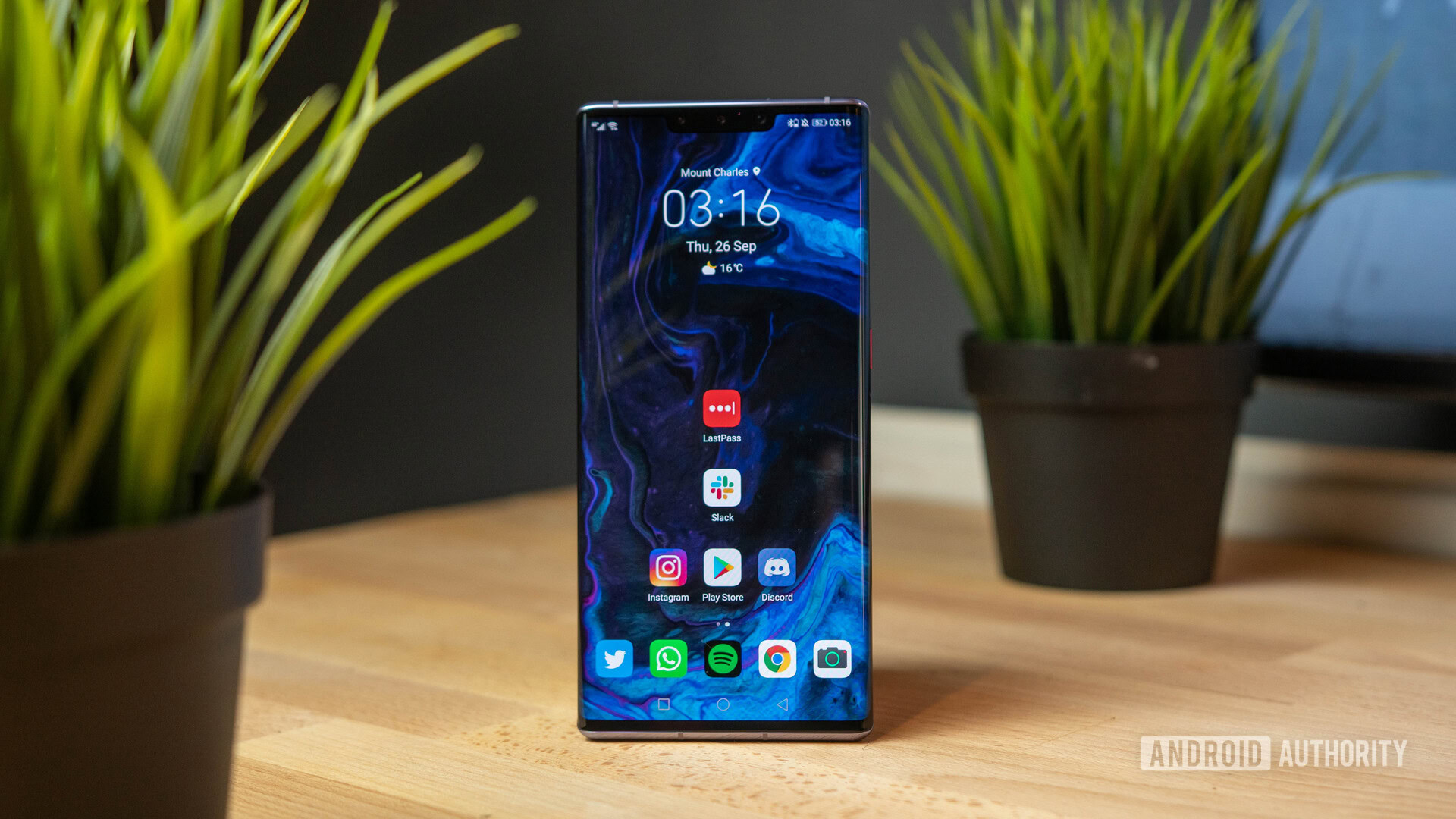Affiliate links on Android Authority may earn us a commission. Learn more.
The US might soon make HUAWEI's life more difficult (Update: HUAWEI statement)

Update, October 29, 2019 (2:39PM ET): HUAWEI sent over the following statement to Android Authority in response to the FCC’s announcement:
In 30 years of business, HUAWEI has never had a major security-related incident in the 170 countries we operate. HUAWEI is trusted by over two billion consumers, partners with many of the Fortune 500 businesses, and supplies more than 500 network operators around the world.Banning specific vendors based on country origin will do nothing to protect America’s telecommunications networks. Today’s proposal, released by the FCC Chairman, only impacts the broadband providers in the most unserved or underserved rural areas of the United States. Such action will further widen the digital divide; slowing the pace of economic development without further securing the Nation’s telecommunications networks.The FCC is aware of alternative measures that could solve both issues – continuing to enhance connectivity in those areas while actually improving the security of US networks – but Chairman Pai is choosing to also ignore what is considered best practices around the globe. HUAWEI remains open to engage with the US government and policy makers to find a productive solution to safeguard the US telecommunications system.
Original article, October 28, 2019 (5:45PM ET):In a statement released today, the Federal Communications Commission (FCC) will soon vote on two proposals to prevent US companies from doing business with Huawei and ZTE.
The first proposal would prevent companies receiving money from the FCC’s annual $8.5 billion Universal Service Fund from purchasing equipment and services from HUAWEI and ZTE. Established in 1997, the Universal Service Fund allows telecommunication providers to subsidize their services for low-income households.
The second proposal would instill a process for certain rural wireless carriers to remove and replace equipment from the two companies. Part of the proposal involves assessing how much HUAWEI and ZTE equipment the carriers currently use and providing financial assistance to help carriers transition to alternatives.
Also read: UK set to grant HUAWEI access to ‘non-contentious’ parts of 5G networks
The FCC will vote on the proposals November 19.
“When it comes to 5G and America’s security, we can’t afford to take a risk and hope for the best,” said FCC Chairman Ajit Pai in the statement released today.
“As the United States upgrades its networks to the next generation of wireless technologies — 5G — we cannot ignore the risk that the Chinese government will seek to exploit network vulnerabilities in order to engage in espionage, insert malware and viruses, and otherwise compromise our critical communication networks.”
Pai also said HUAWEI and ZTE “pose an unacceptable risk to U.S. national security.”
The U.S. government claims HUAWEI and ZTE have ties to the Chinese government. It also claims the companies could use their products to spy on citizens and companies. These concerns led to the U.S. enacting a trade ban against HUAWEI in May. As for ZTE, the company is under probation until 2022 over previous violations of U.S. trade law.
In a response sent to Android Authority, HUAWEI said it has “no comment” on the matter. Android Authority also reached out to ZTE in regards to the FCC’s statement, but did not receive a response by press time.